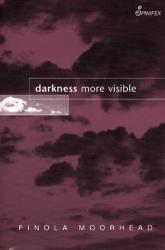
When Margot Gorman finds a body in the women's toilets a tangle of mysteries opens up. Margot Gorman, ex-cop, is now a free agent, a triathlete and has the equivalent of perfect pitch in the sense of smell and, naturally, is a connoisseur of good wine.
From murder and kidnap, drug dealing and gay bashing, to illegal mining and an underground network of cyberfeminists - the Solanacites - there are many skeins to be unravelled. A complex and intriguing novel that deals with the selfhood of women, it ranges from musings on the Amazons to a self-sufficient community in Australia's womenslands. There is mystery and philosophical enquiry in money, madness, motherhood and much more.